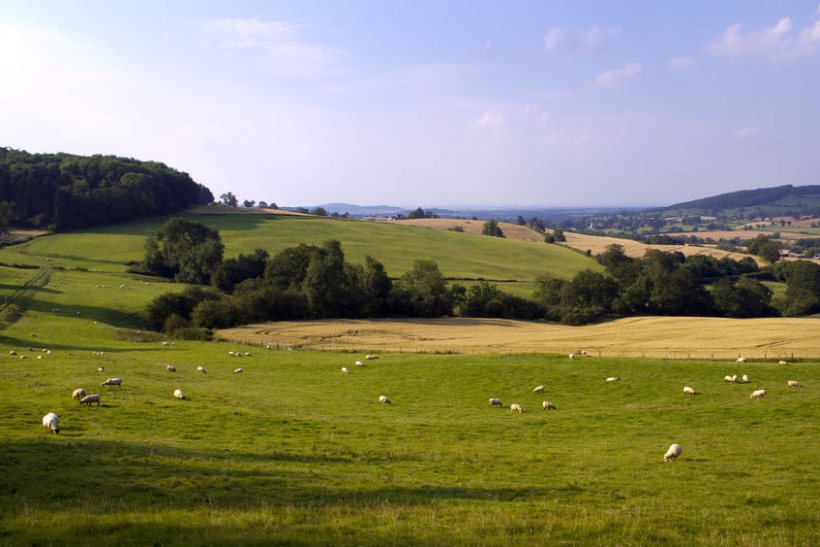
Grasslands are one of the best land management options available for mitigating climate change, sheep producers have told policymakers ahead of COP26.
The National Sheep Association (NSA) said that grasslands should be 'properly acknowledged' as effective carbon sinks and for delivering public goods.
Roughly two-thirds of terrestrial carbon in British landscapes is found below ground with most captured in organic matter and plant roots, the body explained.
"With the climate and nature recovery debate raging, it is time policy makers caught up with the evidence," NSA chief executive, Phil Stocker said.
“For too long grasslands have been measured solely in terms of agricultural productivity, but now there is no shortage of evidence of their wider public benefit.
"Grasslands are truly multifunctional, supporting food production as well as offering many environmental benefits.”
A report by Natural England released earlier this year said that grasslands had a significant role to play in helping the UK achieve its net zero target.
The study looked at how UK landscapes could contribute to carbon management, while also offering landscape diversity and opportunities for nature.
It identified peatlands and native woodlands as habitats with the greatest capacity to store carbon.
But it also recognised that many other habitats, including grasslands, could play a major role towards the UK reaching its net zero target by 2050.
There is also evidence of the nutritional benefits of grass-fed meat and dairy, and in addition extensive grass based farming is accepted as providing natural and welfare friendly conditions for livestock.
On nutrition, grass-fed meat tends to be lower in total fat with higher levels of Omega 3 polyunsaturated fatty acids and Omega 6.
"This with vitamin B12, zinc and iron means the UK’s mainly grass based lamb and mutton provides enhanced nutritional benefits for those wise enough to enjoy them regularly," Mr Stocker said.
"Our grass, the most ‘ordinary’ of plants, delivers an extraordinary food that is not only good for us but is nutritionally fulfilling and tastes great too”.
Despite the recent trend of planting trees to help nature and slow climate change, the NSA is emphasising the benefits that grasslands deliver and how the nation has adapted to a green and pleasant land.
Mr Stocker added: “That’s not to say we shouldn’t plant trees, of course we should, but it has to be in an integrated way with the right tree in the right place and we mustn’t lose sight of our pastoral foundation."
He said the growing trend of farms being sold and planted with trees for carbon offsetting was a policy that should be 'stopped immediately'.
“We now have plenty of evidence that shows our grasslands are every bit as valuable for carbon, nature, access, health, well-being and aesthetic pleasure as any other form of land use," he said.
"I fully believe Britain’s grasslands are our most reliable and resilient form of land use."
It comes as an alliance of farming groups will next week showcase and inspire actions to address climate change within the agri-food supply chains.
The Countryside COP programme takes place from 11-15 October, just a few weeks ahead of the COP26 climate summit in Glasgow.
The Agriculture & Land Use Alliance (ALA), which includes the likes of the NFU, the Ulster Farmers' Union (UFU) and the AHDB, will host the programme.
